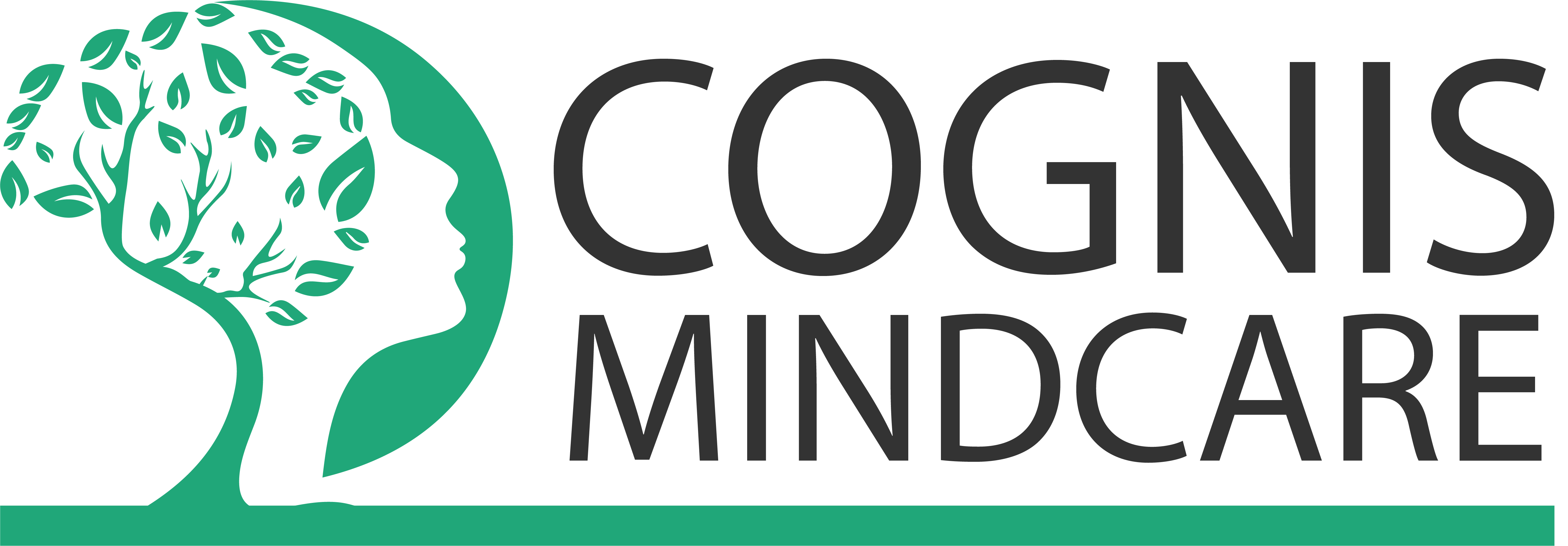
What is it?
Personality disorders are mental health conditions characterized by long-standing, rigid, and unhealthy patterns of thinking, functioning, and behaving. These disorders affect an individual’s self-concept, self-worth, self-direction, and the ability to understand others’ perspectives. People with personality disorders often face challenges in developing and maintaining close relationships, which can lead to significant problems and limitations in various aspects of their lives, such as work, school, and social activities.
What are the symptoms?
Common symptoms of personality disorders include:
- Impulsivity
- Poor self-image
- Stormy relationships
- Severe feelings of boredom and emptiness
- Uncontrollable anger
- Paranoid thoughts
- Mood swings
How common is it?
The prevalence of personality disorders is estimated to be around 1.07% (1 in 100 people).
How does it impact a person’s life?
Personality disorders can have a profound impact on a person’s life. The rigid and unhealthy patterns of thinking, functioning, and behaving can lead to difficulties in perceiving and relating to situations and people. This can cause significant problems and limitations in relationships, social activities, work, and school. People with personality disorders often struggle with inner turmoil, including self-doubt, low self-esteem, and sometimes depression and anxiety.
How is it treated?
Treatment for personality disorders may require months or years, as these are long-standing conditions. Often, a team approach is needed to address all of the individual’s psychiatric, medical, and social needs. Treatment options include:
- Psychotherapy: This is the main way to treat personality disorders. Through talk therapy, individuals can gain a better understanding of their moods, feelings, thoughts, and behaviors. Therapies such as dialectical behavioral therapy help patients handle their intense emotions and avoid self-destructive behaviors.
- Social skills training: Individuals can use the insight and knowledge gained from therapy to learn healthy ways to manage their symptoms and reduce behaviors that interfere with their functioning and relationships.
- Family therapy: This type of therapy provides support and education to families dealing with a family member who has a personality disorder.
- Medications: While there is no specific medication for the treatment of personality disorders, doctors may prescribe medications to help with symptoms such as anxiety, anger, or low mood. These might include antidepressants, mood stabilizers, or antipsychotics.
- Hospital and residential treatment programs: In severe cases, individuals may need to be admitted to a hospital for psychiatric care, especially when they cannot care for themselves properly or are in immediate danger of harming themselves or others.
Additional Facts about Personality Disorders:
- Personality disorders are often misdiagnosed as PTSD or depression.
- A significant percentage of people diagnosed with substance use disorder have at least one personality disorder.
- Approximately 70% of people with borderline personality disorder make at least one lifetime suicide attempt.
- Borderline personality disorder is not as well-known as other disorders, such as schizophrenia, despite being more common.
- Factors that may contribute to the development of a personality disorder include a family history of mental illness, unstable or broken home conditions during childhood, and extreme or unpredictable punishment experienced as a child.
At Cognis Mindcare, we offer comprehensive treatment plans tailored to each individual’s needs, combining the most effective therapies and medications to help our clients overcome personality disorders and achieve lasting recovery.
